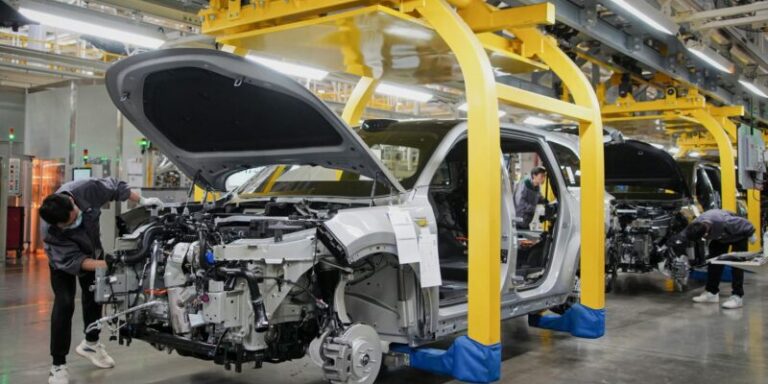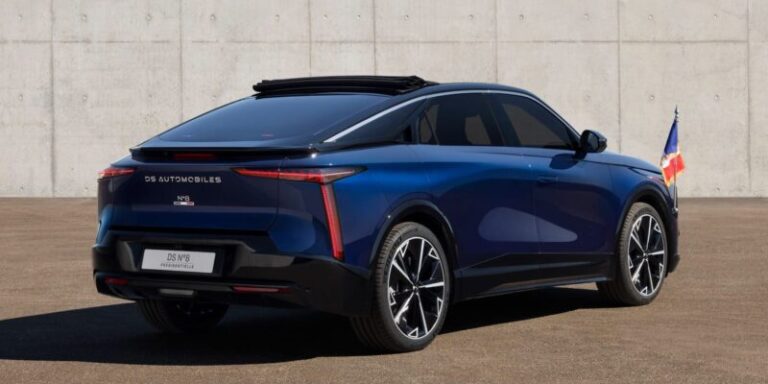
The market for electric vehicles (EVs) is rapidly growing and is expected to continue its fast-paced growth in the next decade.
In the United States, electric car sales increased from 0.2% of total car sales in 2011 to 4.6% in 2021. Forecasts predict that EV adoption will accelerate, with projections of electric vehicle sales reaching 40% to over 50% of total passenger car sales by 2030.
Several factors contribute to the growing EV market, including increased consumer interest, government policies, and automaker commitments.
Consumer demand for EVs has risen due to environmental concerns, greater vehicle choice, improved battery capacity, and cost savings.
Manufacturers now offer a wider range of EV models, including larger vehicles like trucks and SUVs, which were previously limited.
Improved battery technology has also addressed range anxiety, with median range increasing from 68 miles in 2011 to 234 miles in 2021. Switching to EVs can save consumers money, both in fueling costs and maintenance expenses.
Government policies play a significant role in driving EV demand. The Infrastructure Investment and Jobs Act allocated $7.5 billion for nationwide charging network development, including fast chargers along highways.
Tax credits for EV purchases and state incentives further encourage adoption. Automakers have committed to electric vehicle production, planning to introduce numerous EV models and invest in research, development, and battery production.
The transition to electric vehicles creates job opportunities in three main areas: design and development of EV models, battery manufacturing, and charging infrastructure installation and maintenance. Occupations involved in the design and development include software developers, electrical engineers, electronics engineers, and chemical engineers.
Battery manufacturing will see an increase in employment, especially for electrical, electronic, and electromechanical assemblers.
The installation and maintenance of charging infrastructure will require urban and regional planners, electricians, electrical power-line installers and repairers, and construction laborers.
The growing market for electric vehicles is driven by consumer demand, government policies, and automaker commitments.
This transition presents employment opportunities in various occupations related to EV design, battery manufacturing, and charging infrastructure.








